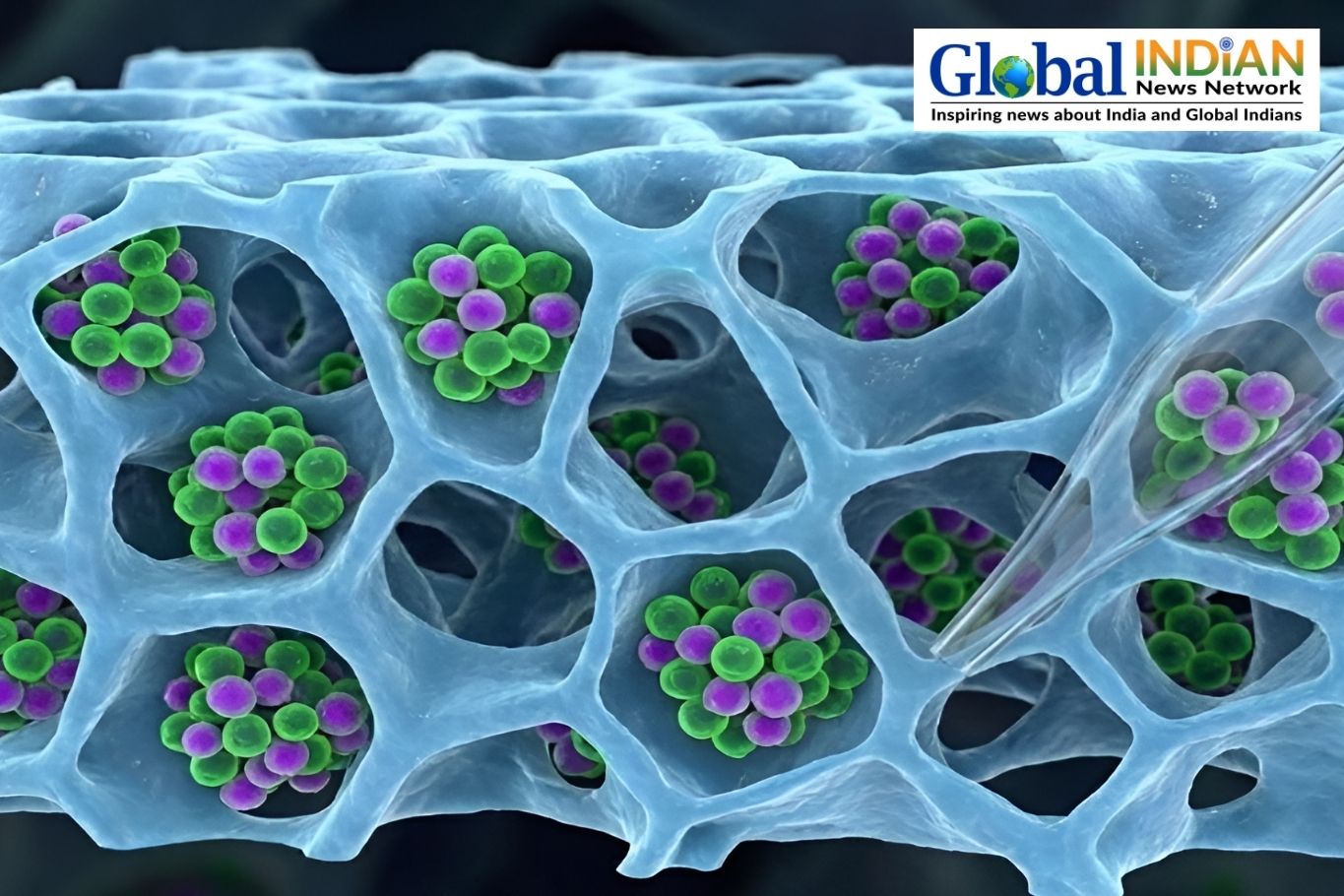 Scientists from the University of Verona in Italy have conducted laboratory experiments showing that Espresso coffee can prevent the aggregation of the tau protein, which is associated with Alzheimer’s disease. In their study, they tested a complete espresso extract and various isolated compounds found in the coffee, such as caffeine, trigonelline, and genistein, to observe their interactions with the tau protein tangles known as fibrils found in Alzheimer’s patients.
Scientists from the University of Verona in Italy have conducted laboratory experiments showing that Espresso coffee can prevent the aggregation of the tau protein, which is associated with Alzheimer’s disease. In their study, they tested a complete espresso extract and various isolated compounds found in the coffee, such as caffeine, trigonelline, and genistein, to observe their interactions with the tau protein tangles known as fibrils found in Alzheimer’s patients.
The results indicated that caffeine and genistein prevented the formation of long strands of tau protein clumps (fibrils) and inhibited them from intertwining into larger sheets that disrupt brain function, leading to memory loss and cognitive impairment. Additionally, the fibrils treated with caffeine and genistein became non-toxic and lost their ability to spread to other cells as seeds.
Caffeine, in particular, demonstrated the ability to bind to existing tau fibrils, potentially paving the way for further investigations into its therapeutic use or as a potential test for the presence of tau in the brain.
The full espresso extract had the most significant impact on tau, suggesting that the various compounds in coffee can cross the blood-brain barrier, providing potential benefits against tau protein aggregation and toxicity.
While the researchers believe that moderate coffee consumption might offer beneficial bioactive molecules to modulate tau protein aggregation and toxicity, they acknowledge that further research, including studies on animals and humans, is needed to validate these findings.
The study has been published in the Journal of Agricultural and Food Chemistry.










